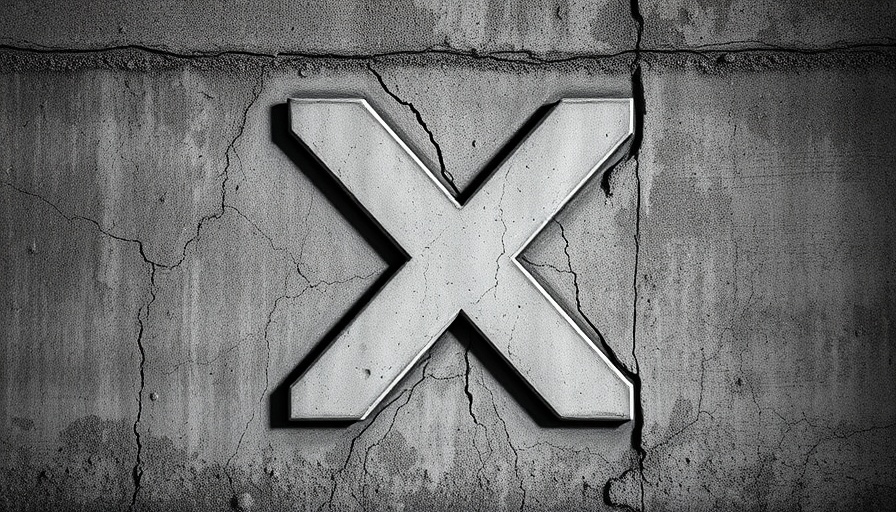
XChat's Promising Feature: But Should Users Trust It?
X, formerly known as Twitter, has recently introduced its end-to-end encrypted messaging feature, dubbed "Chat" or "XChat". On the surface, this appears to be a valuable advancement in secure communication, particularly appealing to professionals in tech-driven industries and those keen on leveraging emerging technologies. Users are being told that this platform can ensure that their messages remain private and can only be read by the sender and receiver. However, experts in cryptography suggest that users should approach XChat with caution.
Understanding the Encryption Mechanics
Encryption is a critical component in ensuring message privacy on platforms like XChat. The platform prompts users to establish a 4-digit PIN that is meant to encrypt their private key, which is subsequently stored on X’s servers. In contrast, secure platforms like Signal store this private key directly on the user’s device, providing an extra layer of security. The concern here is not just about the encryption itself, but how and where X stores these keys. Experts point out that without proper authentication methods like Hardware Security Modules (HSMs), X runs the risk of being able to decrypt users’ messages.
Trust Issues: Insider Threats and AITM Attacks
A significant issue at hand is the potential for malicious insiders or even X’s own servers to compromise conversations. This vulnerability is described in technical terms as an “adversary-in-the-middle” (AITM) attack. Such scenarios raise fundamental questions about the platform’s trustworthiness and its claim to end-to-end encryption. The nature of public key distribution adds another layer of complexity—users cannot easily verify if X is providing them with a legitimate key, potentially leaving the door open for deceptive practices.
Open Source vs. Closed Systems
Another glaring concern is XChat's lack of open source transparency. While Signal has fully documented its encryption protocols to allow independent scrutiny, XChat has yet to provide the same assurance. X has announced intentions to produce a technical whitepaper later this year, but until that time comes, the closed nature of its system enables potential security loopholes that might not get the necessary oversight.
The Absence of Perfect Forward Secrecy
XChat also lacks “Perfect Forward Secrecy,” a standard that ensures even if a user’s private key is compromised, the attacker can only access the most recent communication rather than all past messages. This limitation, admitted by X itself, is another compelling reason for users to exercise caution before fully trusting the new feature.
Final Thoughts: Proceed with Caution
In conclusion, while XChat has the potential to be a significant player in the realm of encrypted messaging, researchers like Matthew Garrett emphasize that it is not yet at a point where users should feel secure in their communications. For professionals in tech-driven sectors, this might serve as a critical case study in the importance of data security and the implications of adopting new technologies without thorough validation and transparency.
As tech enthusiasts and professionals, staying informed about advancements and their practical implications is key. Always prioritize platforms that adhere to the highest standards of encryption and privacy. The tech landscape is evolving rapidly, and your communication security shouldn’t lag behind.
 Add Row
Add Row  Add
Add 




Write A Comment